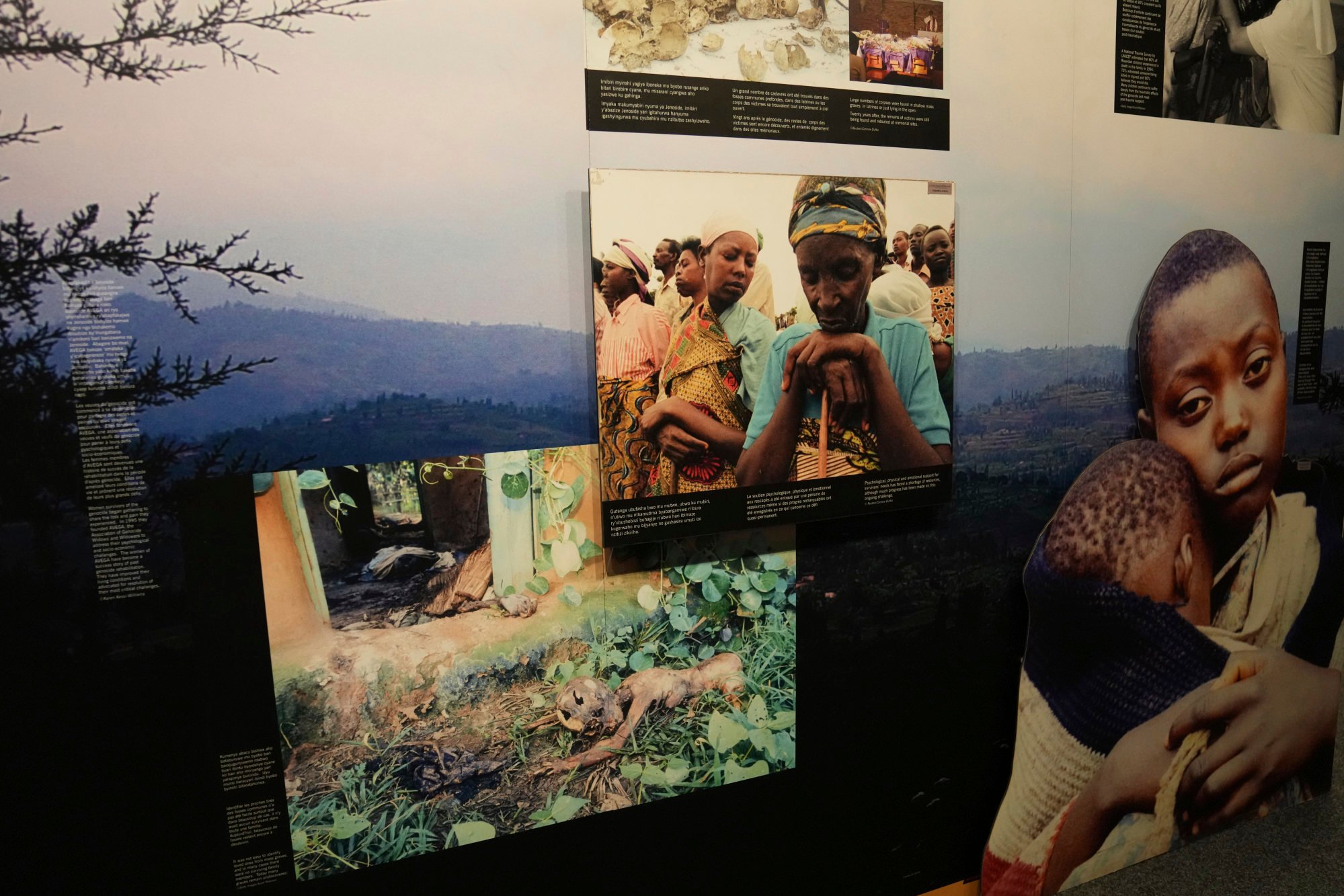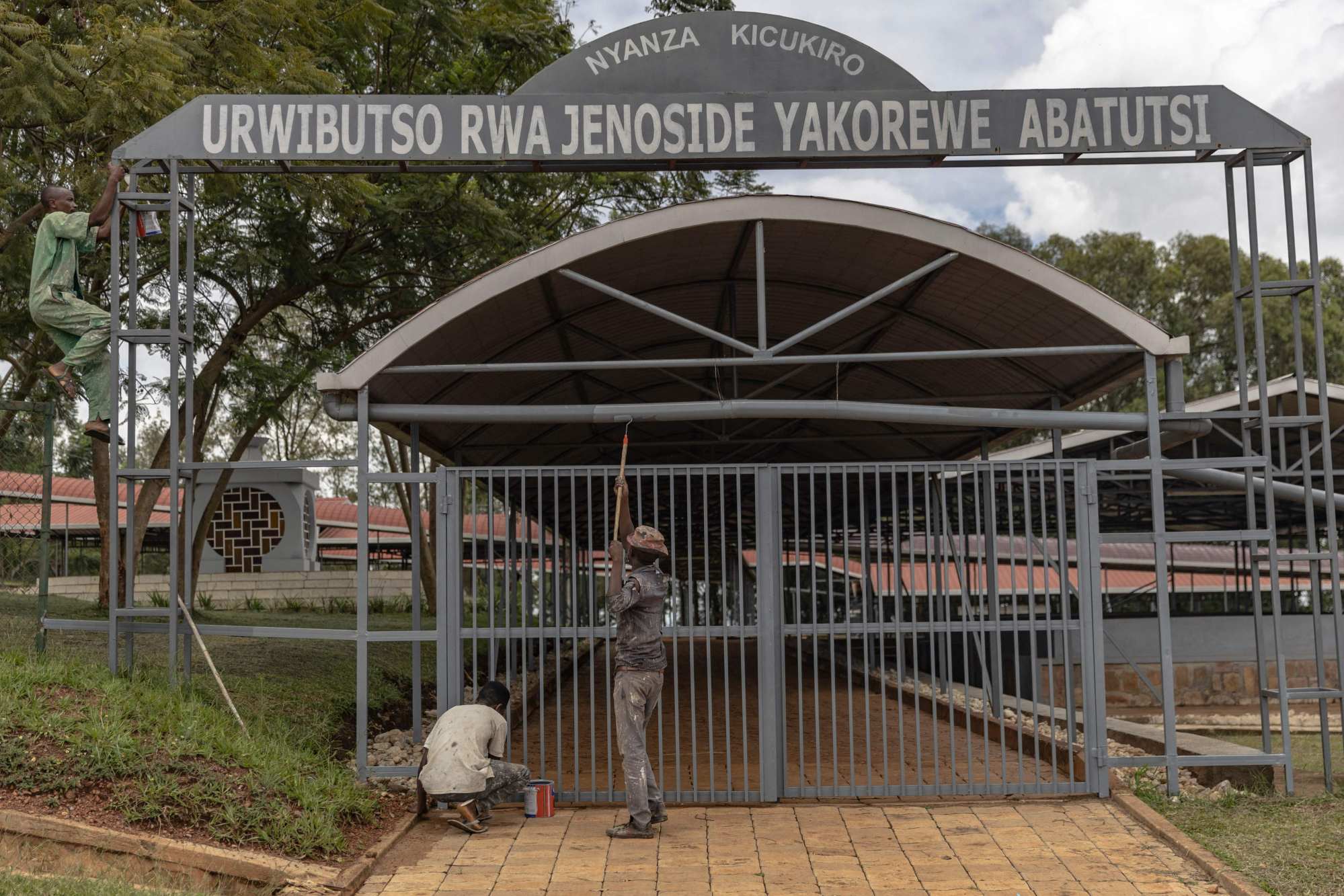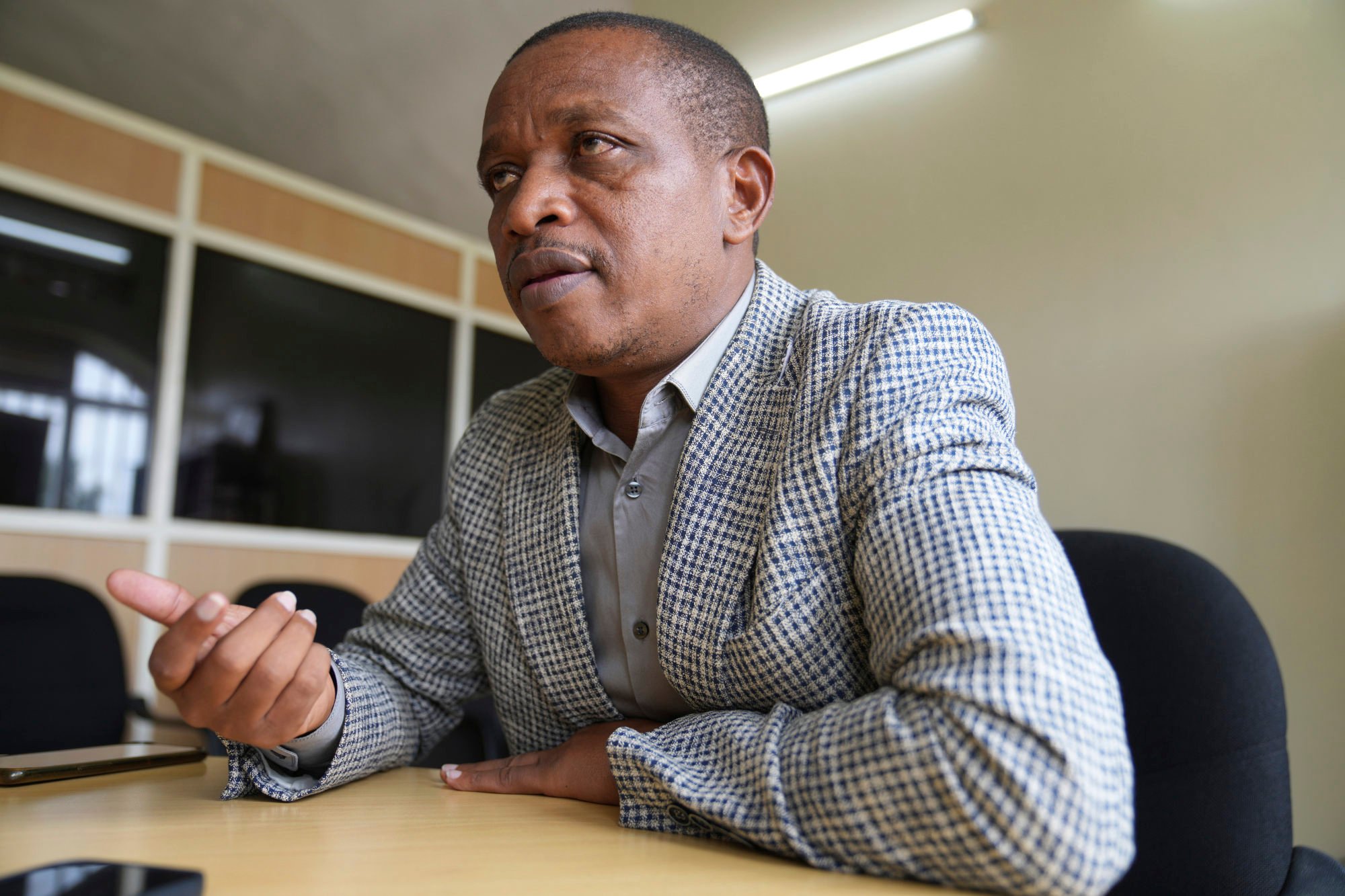As Rwanda prepares to commemorate the thirtieth anniversary of the genocide subsequent week, persevering with discoveries of mass graves are a stark reminder not solely of the nation’s dedication to reconcile with its grim previous but in addition of the challenges it faces in aiming for lasting peace.

Chatting with The Related Press, the top of a distinguished genocide survivors’ group and several other different Rwandans stated the discoveries underscore that extra must be finished for true reconciliation.
Rwanda has made it a felony offence to withhold details about a beforehand unknown mass grave. For years, perpetrators of the 1994 genocide, together with those that served jail phrases and have been later launched, have been urged to talk up and say what they know.
But the mass graves are nonetheless principally discovered accidentally, resulting in new arrests and traumatising survivors over again.
The October discovery led to the arrest of Jean Baptiste Hishamunda, 87, and 4 of his kinfolk.
After the stays of six individuals have been found underneath his dwelling, diggers began going by his total property, discovering dozens after which a whole lot extra stays as their search prolonged to different websites in Huye.
An estimated 800,000 Tutsi have been killed by extremist Hutu in massacres that lasted over 100 days in 1994. Some average Hutu who tried to guard members of the Tutsi minority additionally have been focused.

The genocide was ignited on April 6 when a aircraft carrying President Juvénal Habyarimana, a member of the bulk Hutu, was shot down within the capital Kigali. The Tutsi have been blamed for downing the aircraft and killing the president. Enraged, gangs of Hutu extremists started killing Tutsi, backed by the military and police.
The federal government of President Paul Kagame, whose insurgent group stopped the genocide and whose social gathering has dominated the East African nation since 1994, has tried to bridge ethnic divisions utilizing authorized means and different measures. Though critics accuse the authoritarian Kagame of crushing all dissent, he’s additionally praised by many for presiding over relative peace and stability.
The federal government imposed a troublesome penal code to punish genocide and outlaw the ideology behind it, and Kagame has fostered a tradition of obedience among the many nation’s 14 million individuals. Rwandan ID playing cards not establish an individual by ethnicity and classes in regards to the genocide are a part of the curriculum in colleges.
Tons of of group initiatives, backed by the federal government or civic teams, give attention to uniting Rwandans and, each April, the nation joins palms in sombre commemorations of the genocide anniversary.
Right now, severe crimes fuelled by ethnic hatred are uncommon on this small nation the place Hutu, Tutsi and Twa stay facet by facet – however indicators persist of what authorities say is a genocidal ideology, citing concealing details about undiscovered mass graves for example.
Then there are incidents of villagers asking mass-grave investigators if they’re looking for beneficial minerals or dumping canine carcasses at memorial websites, in line with Naphtal Ahishakiye, government secretary of Ibuka, the genocide survivors’ group based mostly in Kigali.
“It’s like saying, ‘What we misplaced in the course of the genocide are canine’,” Ahishakiye stated.

There are nonetheless those that resist coming ahead to say what they witnessed, he stated. “We nonetheless want to enhance, to show, to strategy individuals, as much as [when] they turn into capable of inform us what occurred.”
As extra mass graves are found, Tutsi survivors “begin to doubt” the great intentions of their Hutu neighbours, he stated. Their pleas for details about kinfolk misplaced within the killings go unanswered.
Within the village of Ngoma, the place shacks roofed with corrugated sheets dot lush farmland, diggers come throughout decaying sneakers and items of torn clothes amongst skulls and bones. The survivors are traumatised over again.
“I’ve tried very onerous to overlook,” stated Beata Mujawayezu, her voice catching as she recalled the killing of her 12-year-old sister at a roadblock on April 25, 1994.
The lady pleaded for her life with militiamen, happening on her knees in entrance of a gang chief whom she addressed as “my father”. She was hacked with a machete.
“She was a beautiful lady,” Mujawayezu stated of her sister as she watched the digging at a mass gravesite on a current afternoon in her Tutsi-dominated neighbourhood. “Someday, hopefully, we are going to get to know the place she was buried.”
‘Resort Rwanda hero’ free of jail after assist from US
‘Resort Rwanda hero’ free of jail after assist from US
Augustine Nsengiyumva, one other survivor in Ngoma, stated the brand new mass grave discoveries have left him disillusioned in his Hutu neighbours, whom he had grown to belief.
“Think about sleeping on prime of genocide victims,” he stated, referring to instances the place human stays are discovered underneath individuals’s houses. “These are issues I actually don’t perceive.”
Younger persons are much less troubled by the previous. Some Rwandans see this as an opportunity for reconciliation in a rustic the place each different citizen is underneath the age of 30.
Within the semirural space of Gahanga, simply exterior Kigali, farmer Patrick Hakizimana says he sees a ray of hope in his youngsters that sometime Rwanda can have ethnic concord.
A Hutu and a military corporal in the course of the genocide, Hakizimana was imprisoned from 1996 to 2007 for his alleged position within the killings. He stated he has realized his lesson and is now making an attempt to win the respect of others in his neighbourhood.
“There are individuals who nonetheless have hatred in opposition to Tutsi,” he stated. “The genocide was ready for a very long time.”
It can take a very long time for individuals to depart that hatred behind, he stated.
